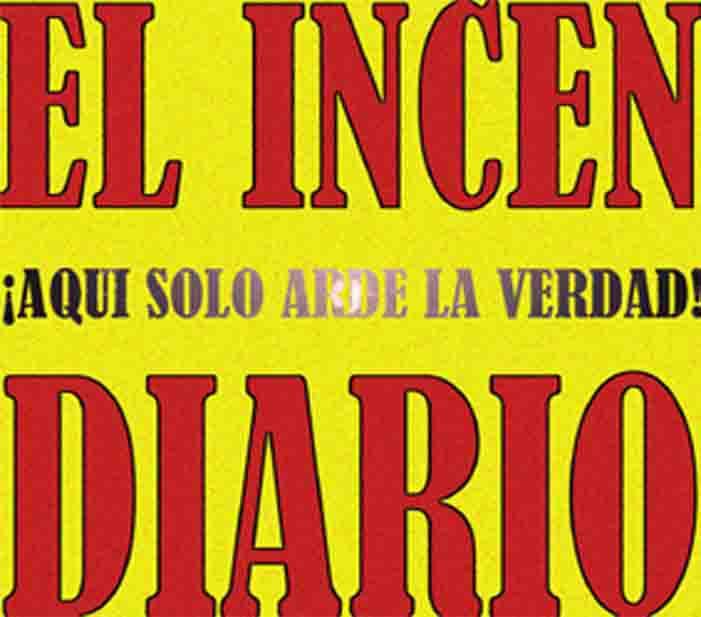Monday, July 30, 2007; 3:50 PM
BOGOTA (Reuters) - Cocaine smugglers and leftist rebels have infiltrated senior levels of the Colombian army, impeding efforts at defeating the guerrillas and fighting drugs, Defense Minister Juan Manuel Santos said on Monday.
Colombia's largest rebel force and the country's main cocaine cartel have bribed officials "at a high level" into sharing information that has helped bosses of both illegal groups avoid capture, Santos told reporters.
Colombia remains the world's biggest exporter of cocaine despite billions of dollars in mostly military aid from Washington aimed at stamping out the trade."Unfortunately, the infiltration has impeded us from capturing some of the big fish we had been investigating," Santos said.
Some military officials have been captured in the case and more arrests were expected, he said.
Earlier this month, the army discovered classified military information in computer files of guerrillas from the FARC rebel group who died in combat with state security forces. The information could only have come from a mole placed highly in the military hierarchy, officials say.
Also implicated in the scandal is Diego Montoya, head of the Norte del Valle cartel. Featured on the FBI's "Ten Most Wanted" list, Montoya is accused of exporting hundreds of tonnes of cocaine to the United States.
Investigators say he recruited army officers to provide him with protection and help plan the breakout of his brother, Eugenio Montoya, who has been in a high-security prison since the start of the year.
This Andean country is regularly jolted by revelations involving its multibillion-dollar cocaine trade.
Last year, 10 anti-narcotics police were gunned down by Colombian soldiers in the pay of drug traffickers near the western town of Jamundi, prosecutors charge.
President Alvaro Uribe's international standing has been damaged by investigations showing some of his closest allies in Congress were in the pay of drug-running paramilitary militias formed in the 1980s to help rich Colombians fight the rebels.
He remains popular at home for reducing urban crime and sparking economic growth with his tough security policies.

No hay comentarios:
Publicar un comentario